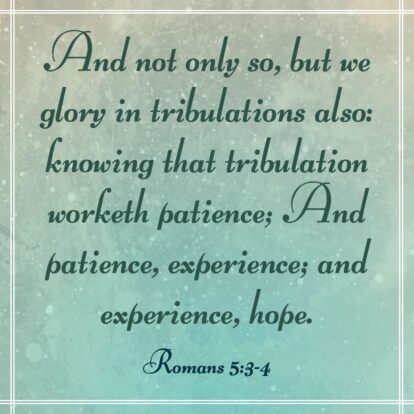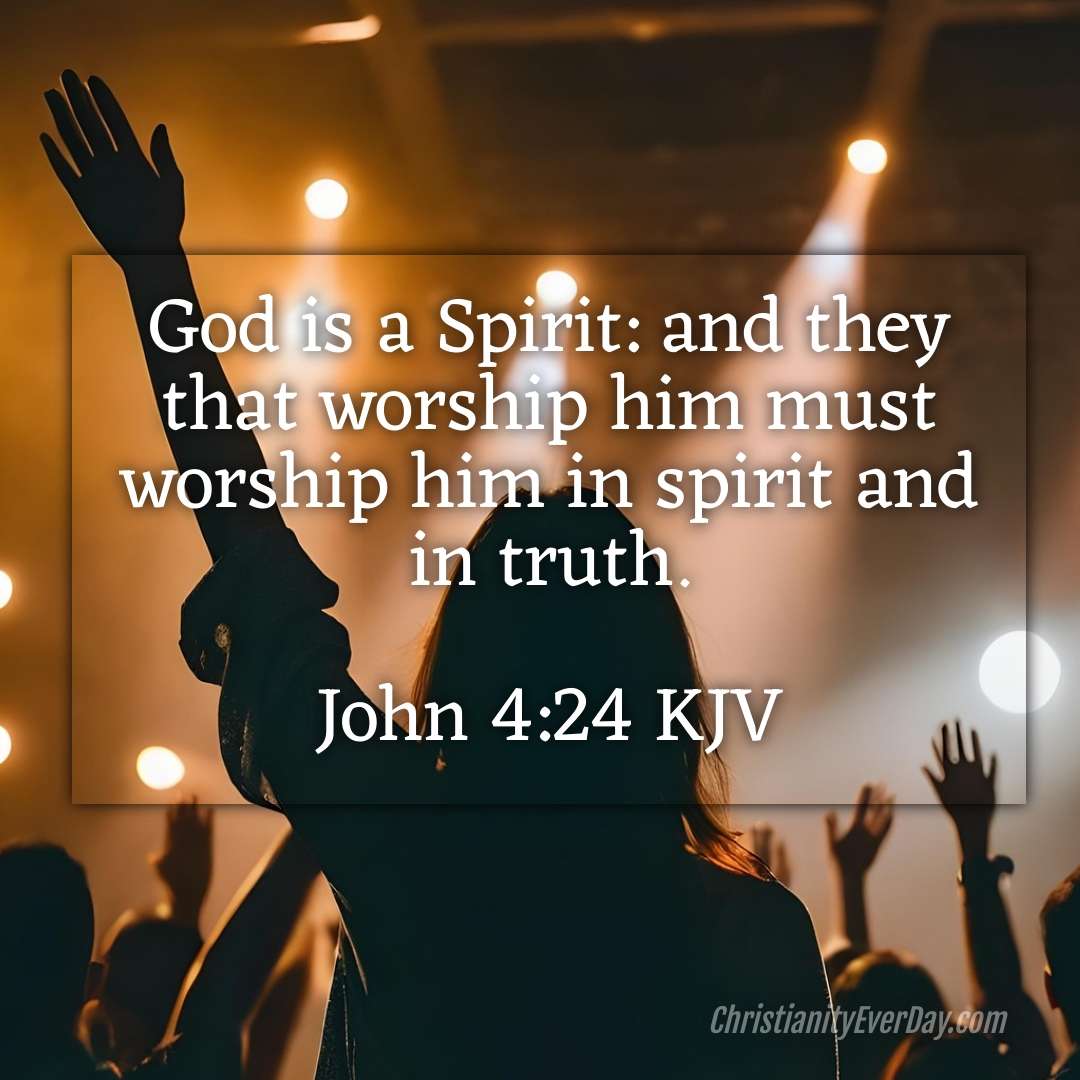Introduction
If you were to listen to the average network news broadcast, you would think that Christian fundamentalists are evil people that make it their life’s mission to shove their religion down everyone’s throat. This leaves many people to ask what do Christian fundamentalists believe?
Like any other issue, we need to look to God’s Word for the answer. However, in this case, we must also look at the historical roots of fundamentalism. This is because the word fundamentalist is interpreted differently today than when it was originally coined. For the purposes of our question, this article is limited to Christian fundamentalism.
Historically
There are many resources that describe Christian fundamentalism, so a brief summary of fundamentalism from a historical perspective is in order. However, a more extensive definition from Scripture is important to better answer the question. Hopefully, in answering the question, people will have a better understanding of Christian fundamentalism from a Biblical perspective.
Fundamental Teachings
To begin, the term Christian fundamentalist refers to someone who adheres to the fundamentals of the Christian faith. The use of the term fundamentalism as it pertains to a movement was first widely used in the late 1800’s by conservative Presbyterian theologians from Princeton University and made popular at the Niagara Bible Conference.
The movement was a response by Bible believing Christians to address liberalism that had crept into the churches. More specifically, the response was to liberal ministers who were teaching against what started out as five fundamental teachings of the Bible:
- The inspiration and inerrancy of the Bible
- The virgin birth of Christ
- The belief that Christ died on the cross to pay for the sins of the world
- The bodily resurrection of Christ
- The historical reality of Christ’s miracles
Although there were other areas identified later, these five served as a starting point to stress in preaching and teaching. In support of this a 12-volume set containing 90 essays called The Fundamentals was edited by A. C. Dixon and Reuben Archer (R.A.) Torrey and published from 1910 to 1915 by the Bible Institute of Los Angeles (BIOLA). The essays were written by Christian leaders from various denominations, affirming the fundamentals of the faith that were closely held by Bible believing Christians since the time of Christ.
The volumes were printed and sent out free to ministers, missionaries, Sunday School leaders, and others in Christian ministry. The effort resulted in the rapid spread of the fundamentalist movement amongst believers across the spectrum of churches.
Fundamental – “Foundation” Defined
In America, linking fundamentals to the Christian faith was first presented on a large scale with the publishing of Noah Webster’s original 1828 dictionary. In it, the word fundamental is defined as an adjective and a noun respectively:
“FUNDAMENT”AL, a. Pertaining to the foundation or basis; serving for the foundation. Hence, essential; important; as a fundamental truth or principle; a fundamental law; a fundamental sound or chord in music.”
“FUNDAMENT”AL, n. A leading or primary principle, rule, law or article, which serves as the ground work of a system; essential part; as the fundamentals of the christian faith.”
Of particular note is that as an adjective, which describes the noun Christian, fundamental refers to the “foundation” or “basis” serving for the foundation. In other words, when discussing fundamentals, the foundation of truth or principals is the basis of belief. Without a foundational truth or principal law, there are no fundamentals.
Biblically speaking, the importance of foundational principles is taught very clearly in the Bible:
(Psalms 11:3 KJV) “If the foundations be destroyed, what can the righteous do?”
(Luke 6:47-49 KJV) “Whosoever cometh to me, and heareth my sayings, and doeth them, I will show you to whom he is like: {48} He is like a man which built an house, and digged deep, and laid the foundation on a rock: and when the flood arose, the stream beat vehemently upon that house, and could not shake it: for it was founded upon a rock. {49} But he that heareth, and doeth not, is like a man that without a foundation built an house upon the earth; against which the stream did beat vehemently, and immediately it fell; and the ruin of that house was great.”
(1 Corinthians 3:9-15 KJV) “For we are labourers together with God: ye are God’s husbandry, ye are God’s building. {10} According to the grace of God which is given unto me, as a wise masterbuilder, I have laid the foundation, and another buildeth thereon. But let every man take heed how he buildeth thereupon. {11} For other foundation can no man lay than that is laid, which is Jesus Christ. {12} Now if any man build upon this foundation gold, silver, precious stones, wood, hay, stubble; {13} Every man’s work shall be made manifest: for the day shall declare it, because it shall be revealed by fire; and the fire shall try every man’s work of what sort it is. {14} If any man’s work abide which he hath built thereupon, he shall receive a reward. {15} If any man’s work shall be burned, he shall suffer loss: but he himself shall be saved; yet so as by fire.”
(Emphasis added)
Foundation = Jesus Christ
These verses teach that the foundation of our faith and our Christian life is Jesus Christ. Everything else we believe as to how we should live our life is summarized in what he did for us and what he has called us to do. This is what is meant when we are told to “build upon this foundation'” (1 Corinthians 3:12).
When building on the foundation of Jesus Christ, those things that we do out of a love for God and love for others is compared to gold, silver, and precious stones; and will result in rewards from God. Those things we do out of selfish lust of the eyes, lust of the flesh and pride are compared to wood, hay, and stubble, which are worthless to God burnt along with other trash.
Real Fundamentalists
Unfortunately, most people have no idea what Jesus did, nor do they have any idea what he taught. Real fundamentalists model their life on Christ and strive to love God with their heart, soul, and mind and love their neighbor as thyself (Matthew 22:37-40). They believe the Bible was inspired by God (2 Timothy 3:16-17; 1 Peter 1:25; 2 Peter 2:20-21); Jesus was born of the Virgin Mary (Isaiah 7:14-16; 9: 6-7; Luke 1:27-32); Jesus died on the cross and rose on the third day (Luke 18:31; 24:7; Acts 10:38-40; 1 Corinthians 15:3-4); and Jesus performed miracles (John 2:11, 23; 3:2; 11:46-47; Acts 2:22).
Real fundamentalists do not shove their religion down anyone’s throat. However, they do not compromise the standards of right and wrong according to the Bible. To do otherwise would be contrary to the nature of God. Likewise, they realize that convincing people about the joy of living as a Christian is accomplished by inspiring people with the love of Christ and a servant’s heart, not intimidation, which is contrary to the teachings of Scripture (Ephesians 5:1-7; Galatians 6:1-10; 1 Peter 2:21-23).
In conclusion, what do fundamentalists believe? They believe in loving God because He first loved us (1 John 4:19) and sharing His love with others.

Dr. Michael L. Williams, Head of Ministry Operations and Technology at Christianity Every Day, is a Christ-centered Author, Educator, Biblical Counselor and Advisor. He is ordained in Pastoral Ministry and formerly the founding Pastor of Selah Mountain Ministries, a church started along with his wife, Pamela Rose, after several years of pastoral experience and training in Biblical Counseling. Selah Mountain provided Biblical counseling and education to the public on how to overcome life issues Biblically on topics such as anger management, marriage, addictions, and other subjects – often referred to as mental illnesses. To learn more about Dr. Mike visit the About page.

































































